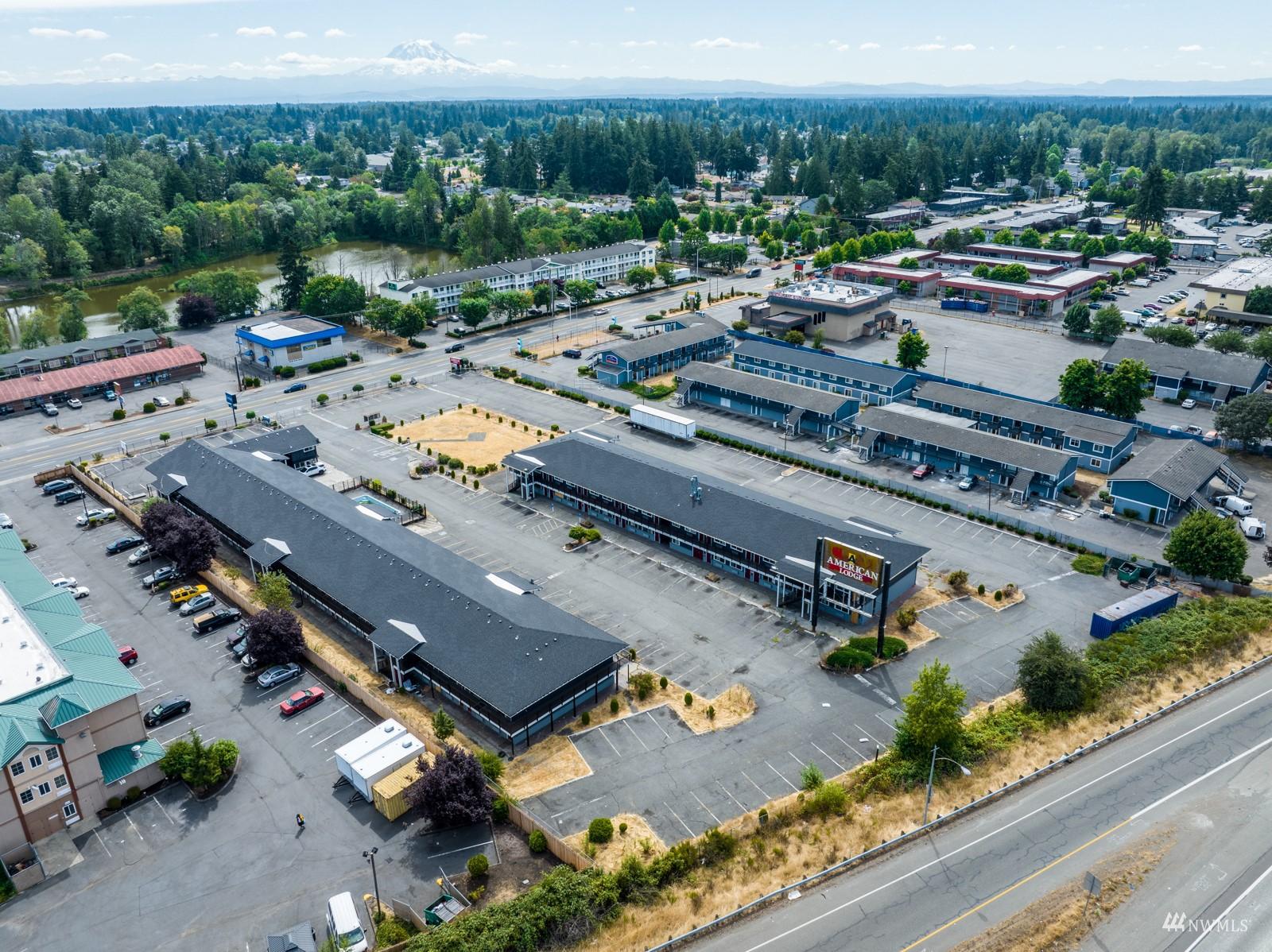Website designed with the B12 website builder. Create your own website today.
Start for free
In today's interconnected world, effective leadership extends far beyond just managing teams or achieving organizational goals; it strongly hinges on fostering a sense of community. Discover why engaging with your community is essential for effective leadership, as authentic connections not only enhance trust but also inspire collaboration and innovation. Communities thrive on relationships, and when leaders prioritize these interactions, they empower individuals and create a shared vision for success.
Community engagement enables leaders to tap into diverse perspectives and harness collective strengths, ultimately driving positive change. By understanding the role of community engagement in leadership effectiveness, leaders can cultivate stronger bonds and a support system that benefits everyone involved. In this blog post, we'll explore the critical benefits of building strong community connections, followed by practical strategies that leaders can employ to foster meaningful engagement within their communities.
Understanding the role of community engagement in leadership effectiveness
Community engagement plays a crucial role in shaping effective leadership. Leaders who actively connect with their communities can gain invaluable insights into the needs and desires of the people they serve. This interaction fosters trust and encourages open communication, essential components of strong leadership. By understanding the perspectives and concerns of community members, leaders can tailor their strategies and initiatives to be more inclusive and relevant, ultimately enhancing their effectiveness.
Moreover, engaging with the community helps leaders build a sense of belonging and shared purpose. When community members feel heard and valued, they are more likely to support leadership initiatives and participate in collaborative efforts. This engagement not only strengthens the relationship between leaders and their constituents but also encourages a culture of accountability and transparency. As leaders develop these connections, they position themselves as approachable and empathetic figures, reinforcing the foundation of effective leadership.
Discover the benefits of building strong community connections for leaders
Building strong community connections offers leaders numerous advantages that enhance their effectiveness. When leaders engage with their communities, they gain valuable insights into the needs, concerns, and aspirations of those they serve. This understanding fosters a sense of trust and transparency, essential components of effective leadership. By recognizing and addressing community issues, leaders demonstrate their commitment to the well-being of those around them, which in turn cultivates loyalty and support from community members. Engaging actively also positions leaders as approachable and receptive, creating a positive feedback loop that drives further collaboration and innovation.
Moreover, strong community connections can significantly expand a leader's influence and reach. When leaders invest time in community engagement, they not only build personal relationships but also harness the collective power of their network. This can lead to new partnerships, resources, and opportunities that benefit both the leader and the community. Engaged leaders often find that their initiatives gain more traction because they resonate with the values and goals of community members. Ultimately, by actively fostering these relationships, leaders can enhance their decision-making, leading to more effective and sustainable outcomes for their organizations and the communities they serve.
Practical strategies for leaders to foster meaningful community engagement
Effective leaders actively seek opportunities to engage with their communities. One practical strategy is to organize regular listening sessions where community members can voice their concerns, ideas, and aspirations. By creating an open forum for dialogue, leaders demonstrate that they value community input and are committed to fostering relationships based on trust and collaboration. Additionally, incorporating feedback gathered from these sessions into decision-making processes enhances transparency and inclusivity, further strengthening the bond between leaders and their communities.
Another important strategy is to partner with local organizations and volunteer groups. These partnerships not only expand the reach and impact of community initiatives but also allow leaders to tap into the expertise and resources of various stakeholders. Hosting joint events, workshops, or community service projects can create shared experiences that solidify connections and build a sense of belonging. By actively participating in these efforts, leaders position themselves as dedicated advocates for their community, which in turn fosters loyalty and encourages ongoing engagement.